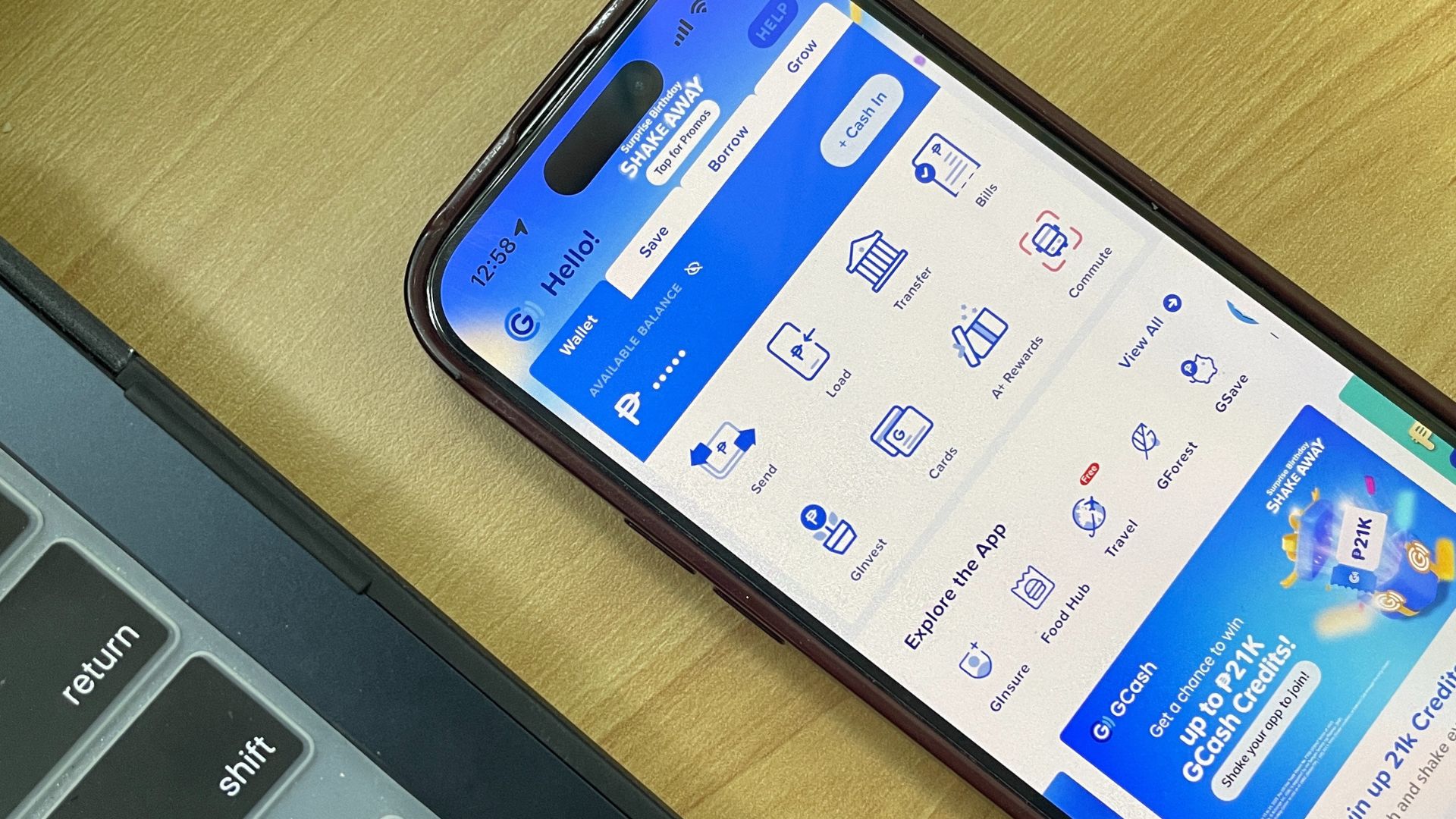The alleged data breach involving G-Xchange Inc., operator of GCash, has cast a shadow over what was expected to be one of the most anticipated fintech listings in Philippine history. As the National Privacy Commission investigates reports that sensitive user information was offered for sale on the dark web, the issue has raised serious questions about data protection, digital trust, and the timing of a possible initial public offering.
G-Xchange Inc. is a wholly owned subsidiary of Mynt, the fintech arm of Globe Telecom, through Globe Fintech Innovations Inc. Mynt counts Globe Telecom and Ant Group of China as major shareholders. GCash is the flagship product in Mynt’s portfolio and has long been considered a key driver of Globe’s diversification beyond traditional telecommunications. The platform serves more than 80 million users, processing billions in digital payments, remittances, and microloans each month.
The alleged breach comes at a sensitive time. Globe has been widely expected to list either GCash or Mynt on the stock market within the next two years as part of a strategy to unlock shareholder value. However, the timing and valuation of that listing now hang in the balance.
The National Privacy Commission has confirmed that it issued a Notice to Explain to G-Xchange after a threat actor using the alias Oversleep8351 posted on a dark web forum claiming to sell GCash user data, including account numbers, linked bank details, and government-issued IDs. As of October 27, the NPC said it had not received an official breach notification from the company but had scheduled a clarificatory conference to determine the facts.
Even if unproven, the report has already caused concern among investors and regulators. Market analysts note that any cloud over data integrity could weaken confidence not only in GCash but also in Globe’s broader digital transformation story. Trust is the currency of fintech, and a single major cybersecurity lapse can shave off millions in perceived valuation.
For Globe, which has spent years repositioning itself as a digital platform company, the fallout could complicate capital-raising efforts or delay plans to partially spin off or publicly list GCash. Regulatory scrutiny and the need for heightened cybersecurity investment could raise costs and lower margins, forcing Globe to rework its timelines or pricing assumptions.
The NPC warned that if personal data of GCash users was indeed compromised, it would enforce the full penalties allowed under the Data Privacy Act of 2012. This could include fines, mandatory audits, and the imposition of stricter data management protocols. Legal experts said any confirmed breach would also require detailed disclosure in IPO filings, potentially reducing investor appetite for shares.
The controversy is a reminder that the value of digital companies rests not only on transaction volume but also on user trust. Millions of Filipinos rely on GCash for wages, bills, and remittances, making the service integral to daily life. If user confidence erodes, it could impact transaction growth and overall engagement—key drivers of revenue for both GCash and Globe.
For now, GCash users are being advised to change passwords, enable biometric logins, and remain alert for phishing attempts. G-Xchange has yet to issue a full public statement addressing the allegations.
Industry observers believe the investigation’s outcome could influence the future of fintech IPOs in the country. If GCash weathers the storm with transparency and swift corrective measures, it could still proceed with a listing under stronger governance standards. If not, the case may serve as a warning that in the digital economy, the true price of innovation is accountability.










